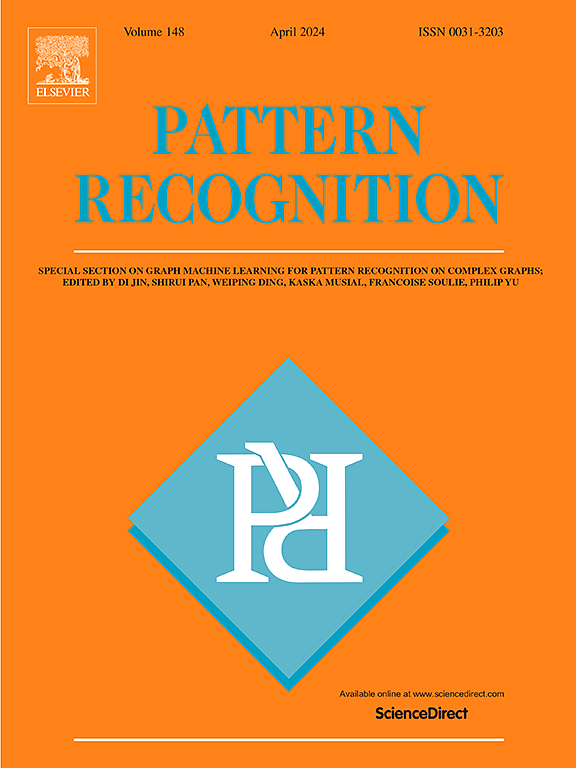通过多尺度深度 Retinex 分解去除图像阴影
IF 7.5
1区 计算机科学
Q1 COMPUTER SCIENCE, ARTIFICIAL INTELLIGENCE
引用次数: 0
摘要
近年来,深度学习已成为去除图像阴影的重要工具。然而,现有的方法往往优先考虑阴影检测,在这样做的过程中,它们过度简化了阴影区域的照明条件。此外,这些方法在重新照亮阴影区域时,会忽略来自整体图像照明的线索,从而无法确保全局照明的一致性。为了应对在复杂照明条件下拍摄的图像所面临的这些挑战,本文介绍了一种基于 Retinex 分解模型的多尺度网络。所提出的方法能有效感知光照不均匀的阴影,并对其进行重新照明,从而提高阴影边界的一致性。此外,在设计网络时,我们引入了几种提高阴影去除性能的技术,包括阴影感知通道注意模块、局部判别和 Retinex 分解损失函数,以及通过同时捕捉细粒度细节和大规模上下文信息来指导 Retinex 分解的多尺度机制。实验结果表明,我们提出的方法优于现有的解决方案,特别是在复杂光照条件下拍摄的图像。本文章由计算机程序翻译,如有差异,请以英文原文为准。
Image shadow removal via multi-scale deep Retinex decomposition
In recent years, deep learning has emerged as an important tool for image shadow removal. However, existing methods often prioritize shadow detection and, in doing so, they oversimplify the lighting conditions of shadow regions. Furthermore, these methods neglect cues from the overall image lighting when re-lighting shadow areas, thereby failing to ensure global lighting consistency. To address these challenges in images captured under complex lighting conditions, this paper introduces a multi-scale network built on a Retinex decomposition model. The proposed approach effectively senses shadows with uneven lighting and re-light them, achieving greater consistency along shadow boundaries. Furthermore, for the design of network, we introduce several techniques for boosting shadow removal performance, including a shadow-aware channel attention module, local discriminative and Retinex decomposition loss functions, and a multi-scale mechanism for guiding Retinex decomposition by concurrently capturing both fine-grained details and large-scale contextual information. Experimental results demonstrate the superiority of our proposed method over existing solutions, particularly for images taken under complex lighting conditions.
求助全文
通过发布文献求助,成功后即可免费获取论文全文。
去求助
来源期刊

Pattern Recognition
工程技术-工程:电子与电气
CiteScore
14.40
自引率
16.20%
发文量
683
审稿时长
5.6 months
期刊介绍:
The field of Pattern Recognition is both mature and rapidly evolving, playing a crucial role in various related fields such as computer vision, image processing, text analysis, and neural networks. It closely intersects with machine learning and is being applied in emerging areas like biometrics, bioinformatics, multimedia data analysis, and data science. The journal Pattern Recognition, established half a century ago during the early days of computer science, has since grown significantly in scope and influence.
 求助内容:
求助内容: 应助结果提醒方式:
应助结果提醒方式:


